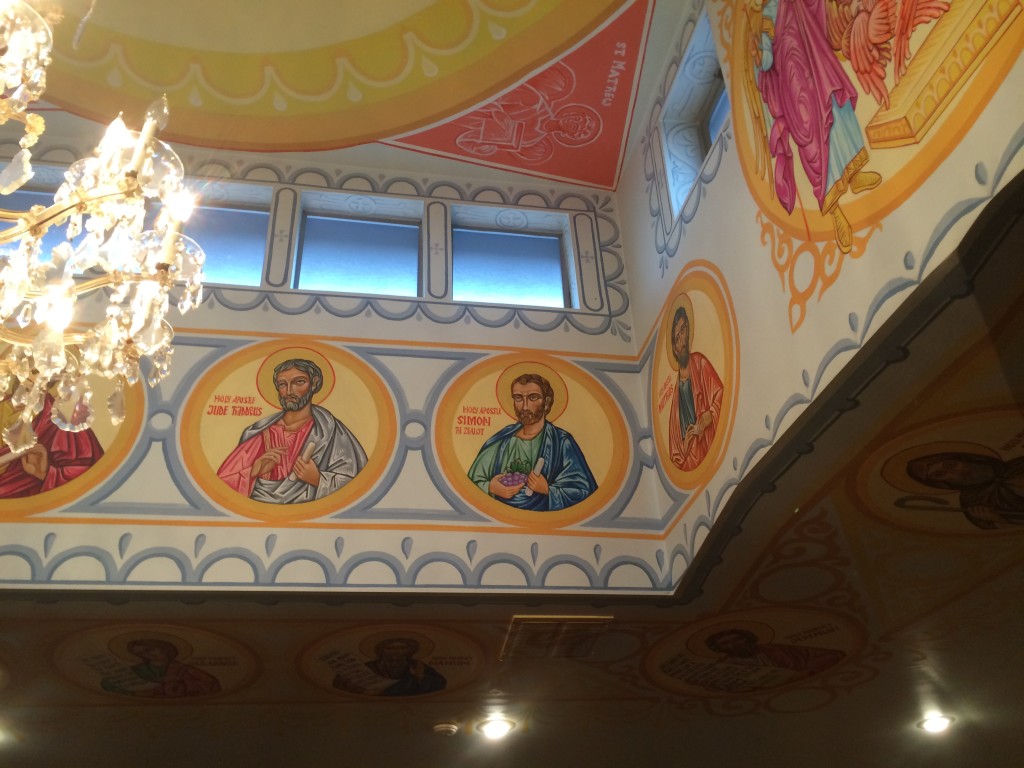Meeting Christ in my father’s death


My Dad’s birthday party (2007)
Today’s article is one which I’ve wanted to write for some time. You see, 2015 has been a very eventful year for me, but unfortunately much of it has been less-than-pleasant. In fact, I think I can say without exaggeration that this year has featured some of the most painful experiences of my life. Not least of these events was the death of my father in July. Up until now I haven’t said much about this publicly, but I would like to share a little bit about it today…
I had spent Independence Day with friends on Whidbey Island. It’s a truly delightful part of the world and I had a wonderful time there. We spent the day at the pool and had an evening of fine food and board games, followed by fireworks at the beach. The following morning, for some inexplicable reason, virtually everyone in the house rose early and went for a three-mile run. Since it was early on the day after a national holiday, we pretty much had the island to ourselves and in the crisp, early morning air, we passed several deer as we made our tour of the island. It was beautiful.
It was after breakfast that I received a message from my family back in England, asking me to call. A knot formed in my stomach; I had a suspicion as to the reason for this message. I excused myself and went out to my car, where I called my Mum. She confirmed what I had feared: my Dad was dying.
You see, my father had been diagnosed with Non-Hodgkins Lymphoma several years before. After several rounds of chemotherapy, his health seemed to be under control, but in recent months things hadn’t been looking so good. Infections had become increasingly common, necessitating numerous speedy trips to the hospital. My Mum said that Dad had suffered yet another infection, but unlike the previous ones, this one was certain to kill him. She told me that the hospital staff said that there was nothing more they could do and that it was unlikely he’d last another twenty-four hours. After hanging up the phone, I composed myself and went back into the house, said my goodbyes and was soon on my way back to Seattle.





 Sometimes I forget I’m a bit weird…
Sometimes I forget I’m a bit weird…




